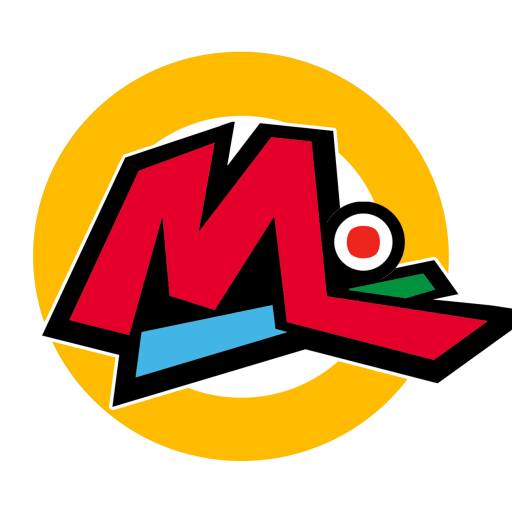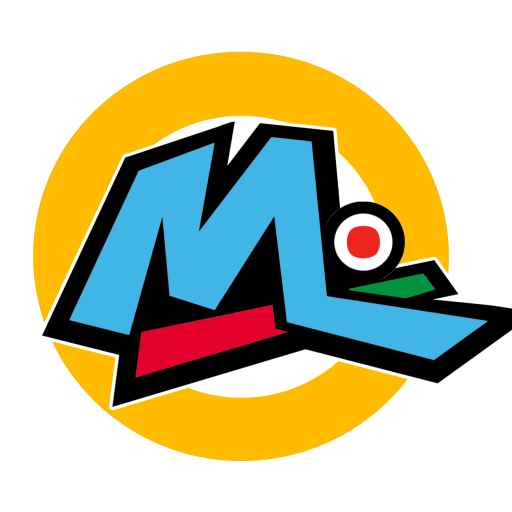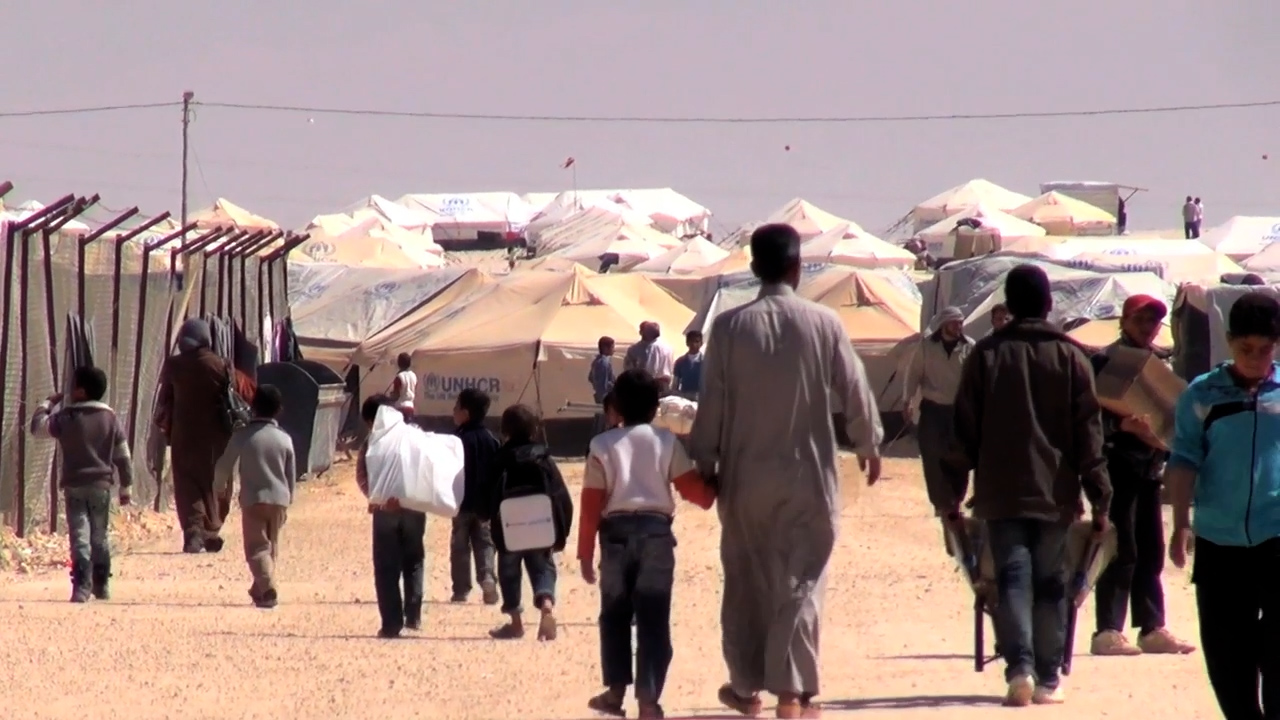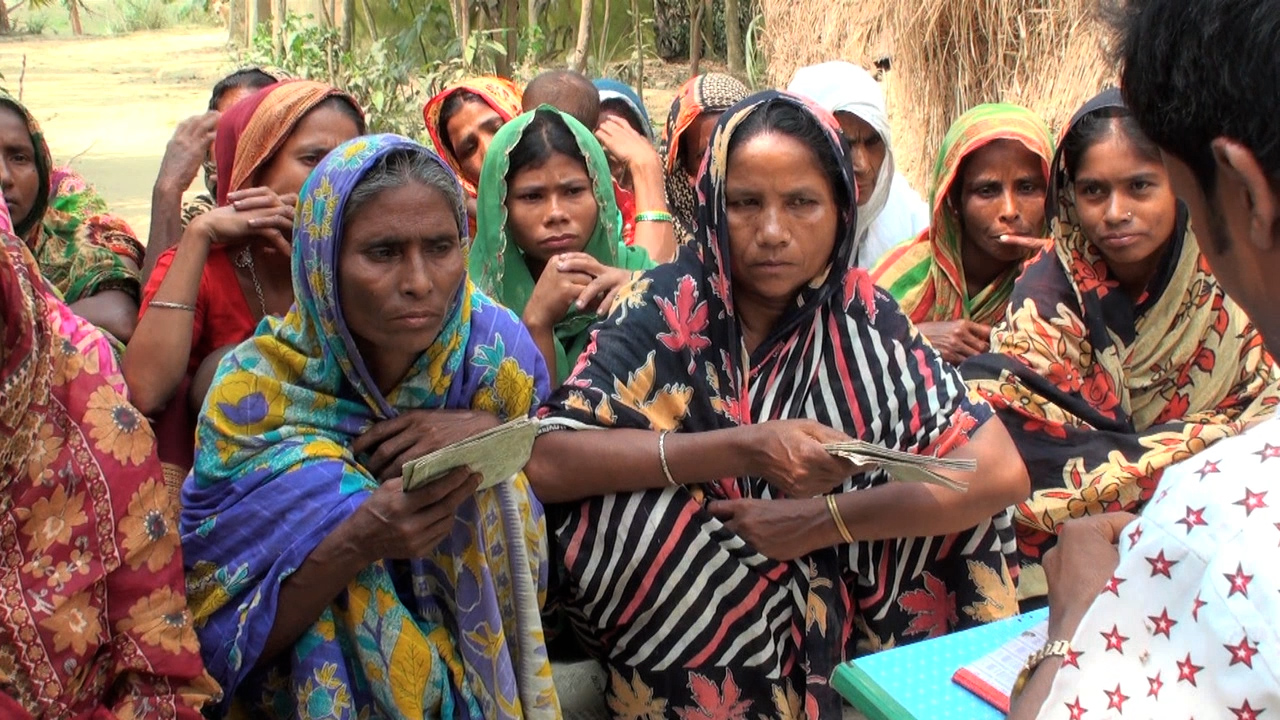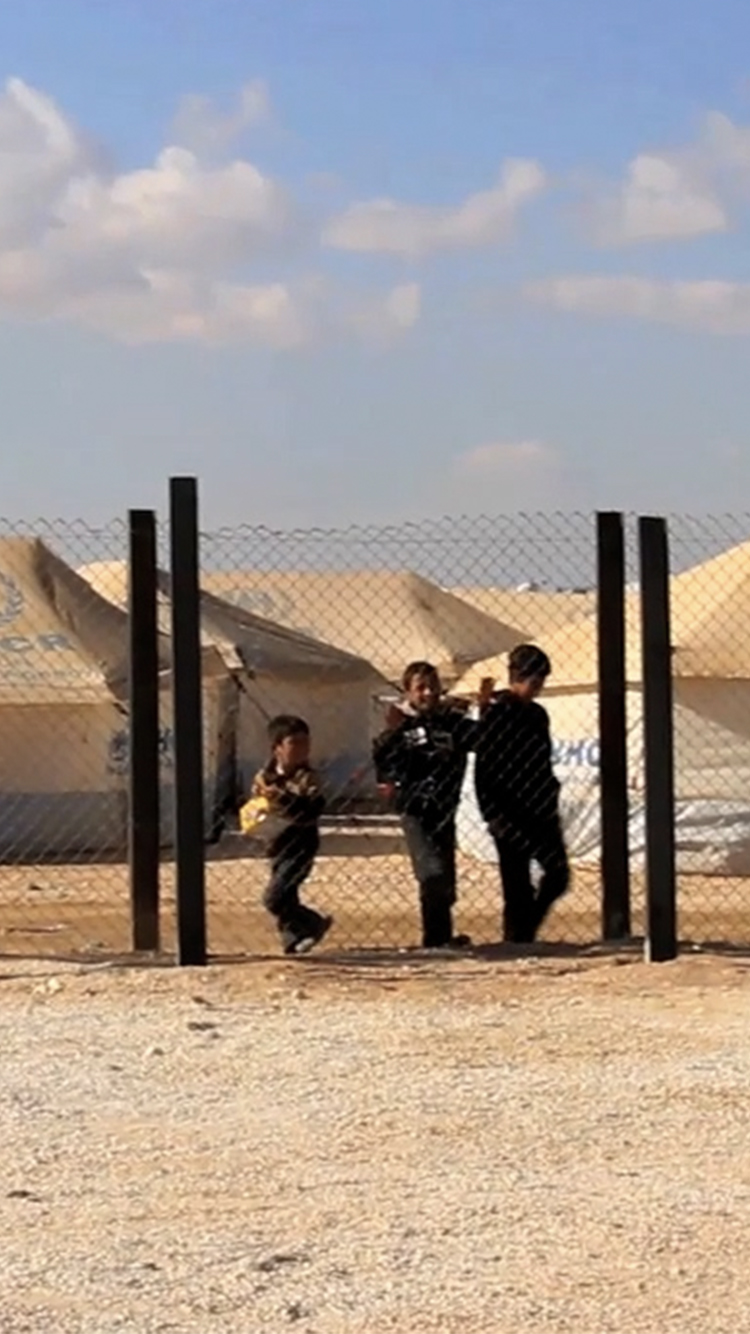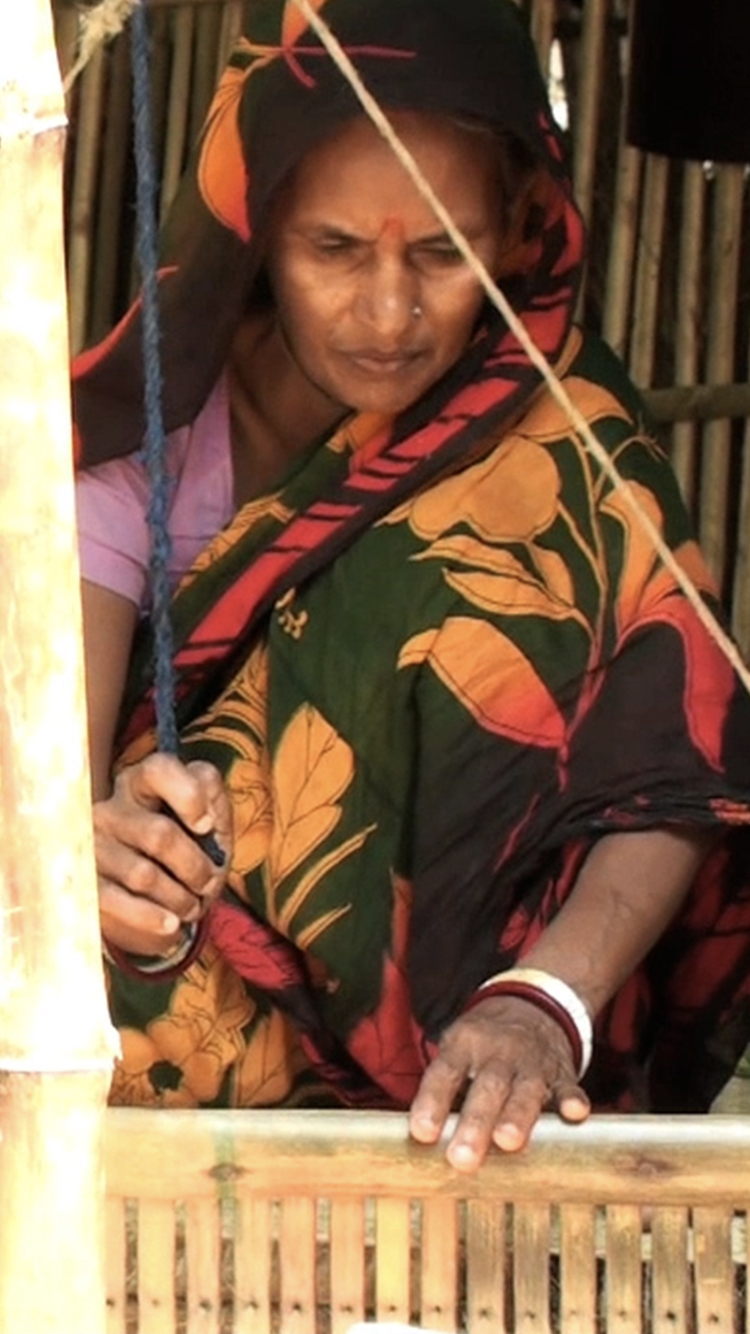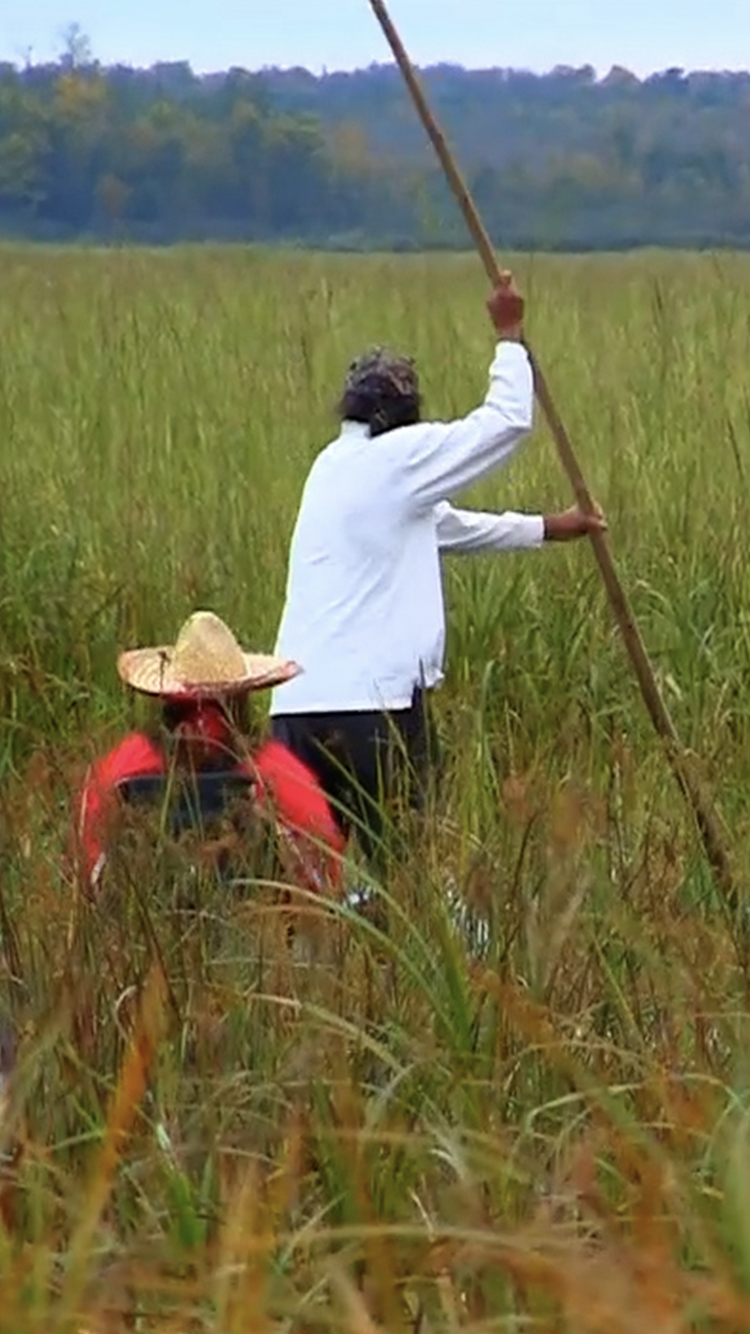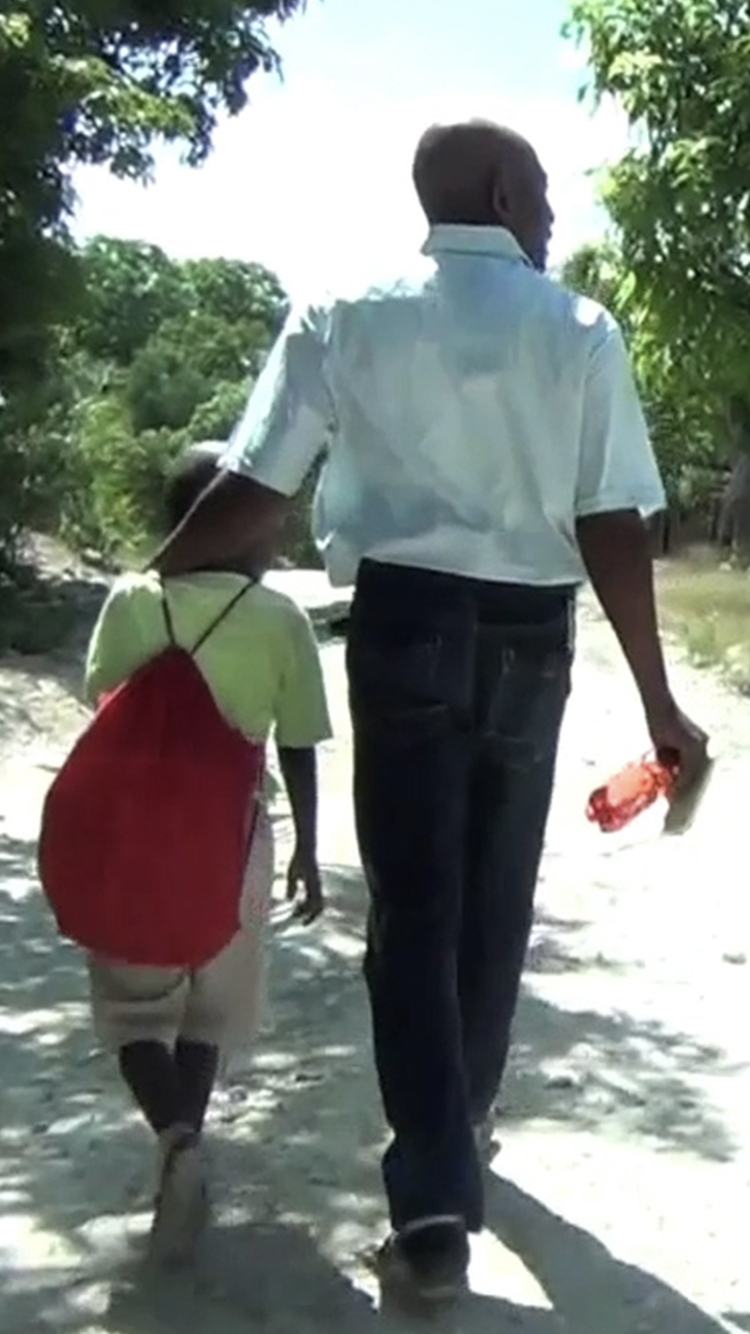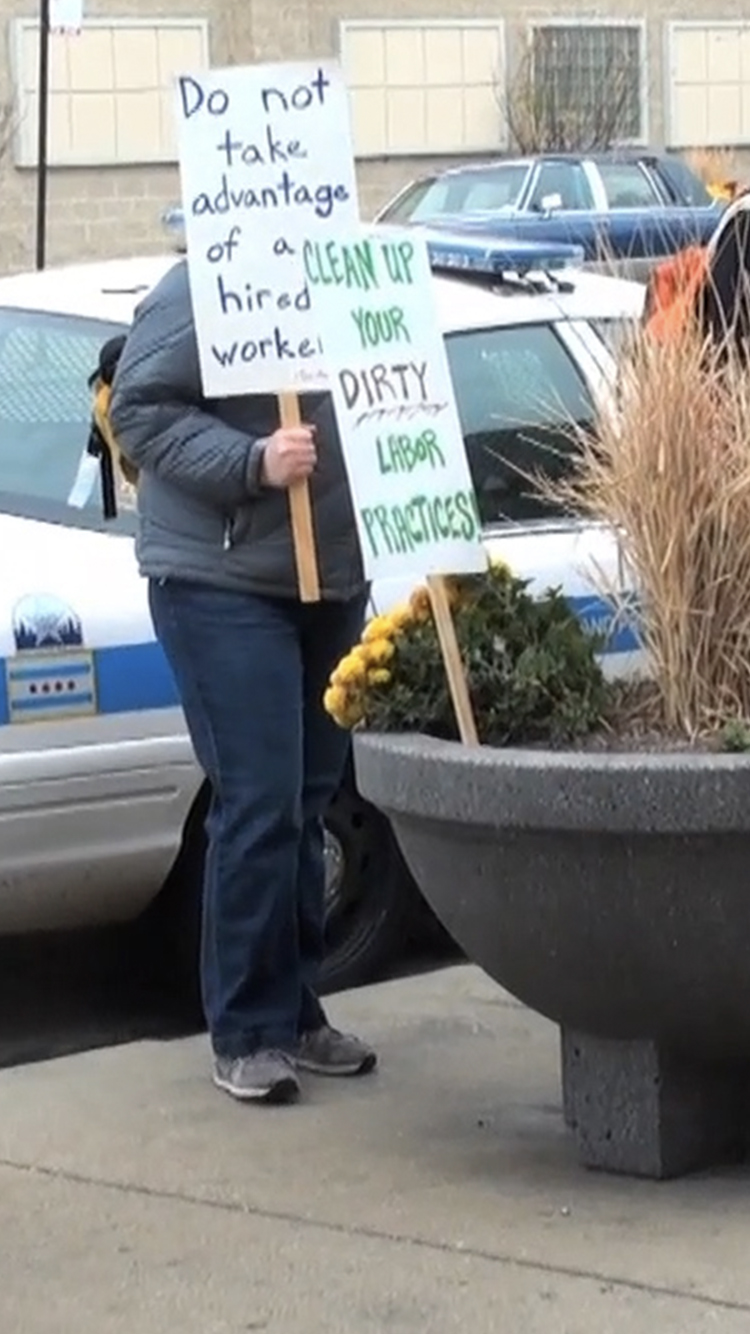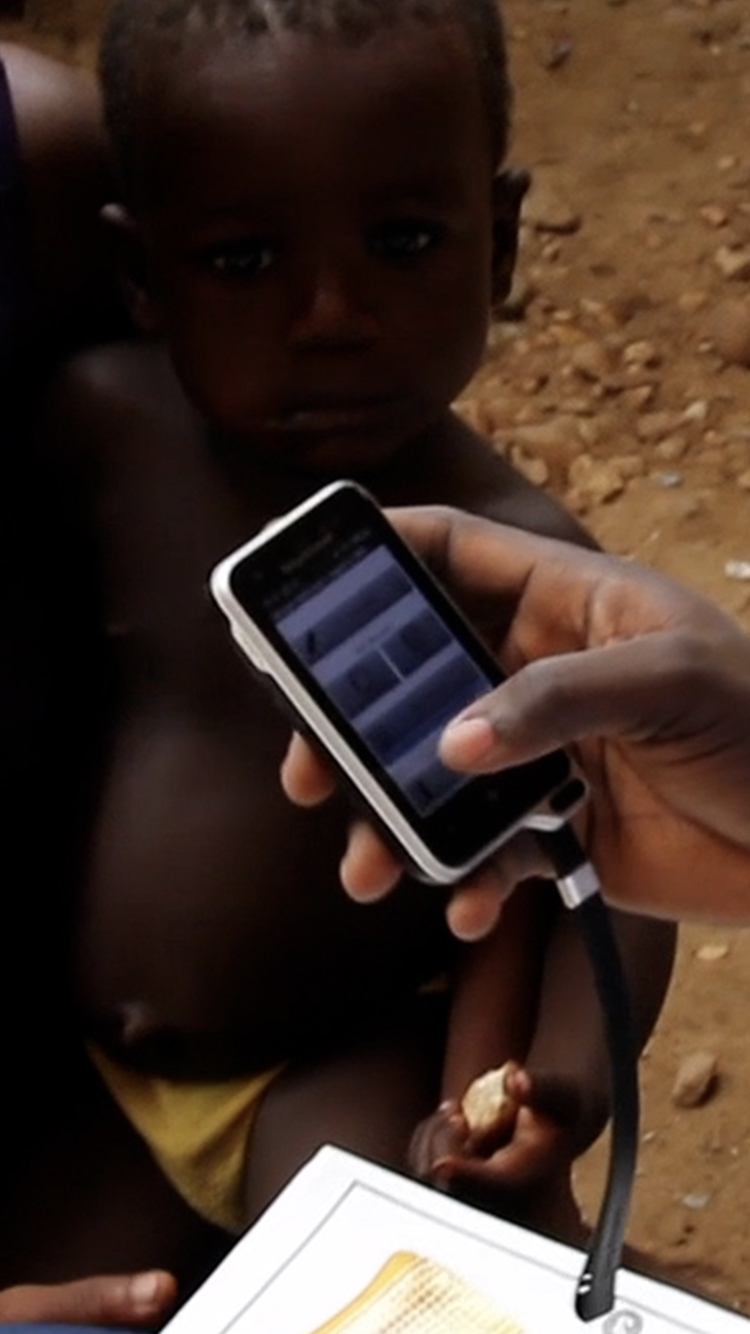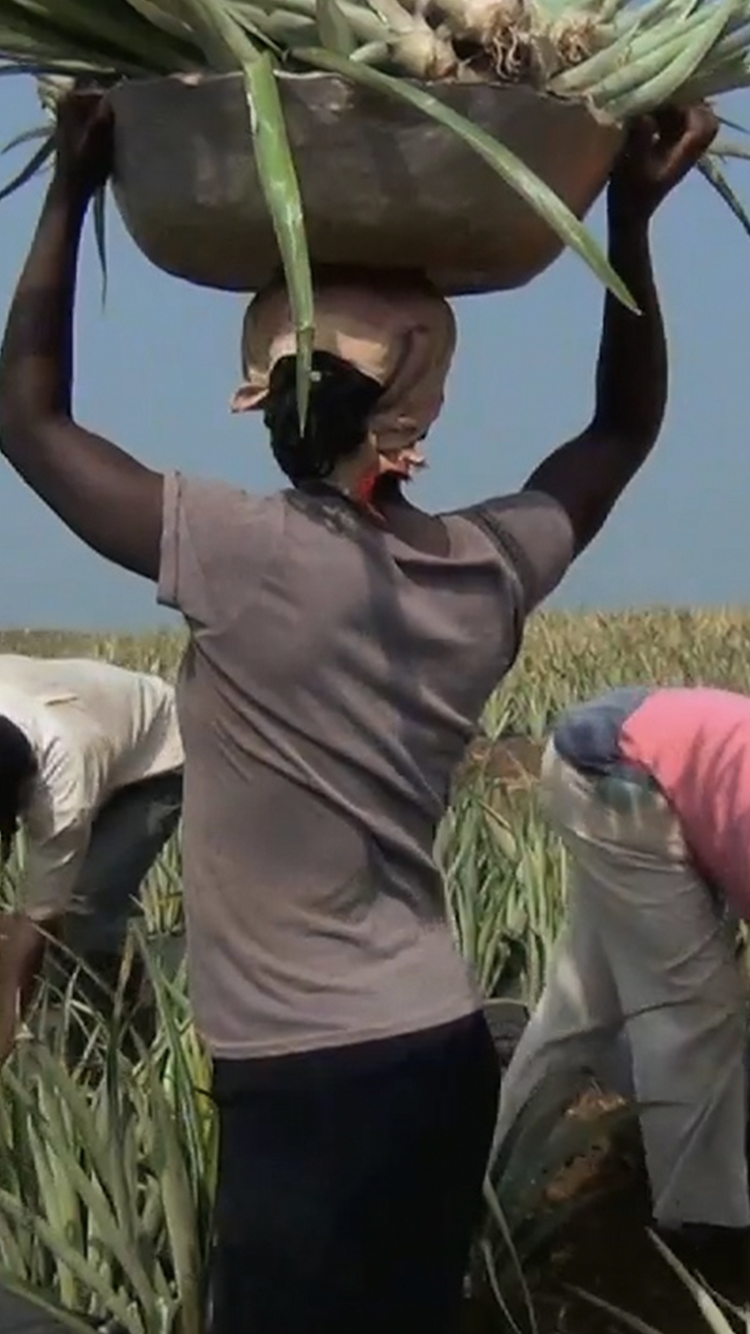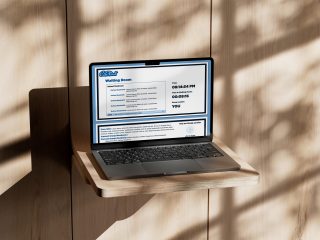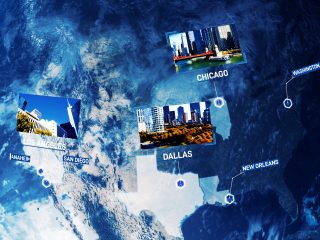01. Overview
A nonfiction TV series exploring leading poverty eradication practices through voices of the people most affected by them and the eyes of an internationally renowned ethicist.
A major issue with big problems with no easy solution is people tend to when confronted with them give up immediately. They silo these problems as “lofty goals” or “a nice wish”, which creates a whole new series of challenges navigating this unintentionally defensive position against something that is ultimately desired. With that in mind, and a request to write a show pitch and bible for a tv documentary series covering poverty alleviation efforts from an ethical perspective, I went to work on creating our show “Big Questions: Find Your Voice”.
02. Directing the Series
After creating the pitch and bible for the Executive Producers we developed the show’s format over time, first with PBS South Bend and our incredible Series Producer Brenda Bowyer (who taught me a great deal of production & post techniques I continue to practice today) and then with PBS Chicago.
As the Showrunner for the first 2 seasons my vision for the show was a clear and direct lens on our subject matters and guests, and as the Director/Producer of 21 episodes (6 hour-long studio talk/doc & 15 30 min doc) over 3 seasons my efforts were focused on ensuring we were constantly vigilant in our representation of the people and efforts we covered both in the field and the edit booth.
Our show’s goal, in my mind, was to ensure their voices be heard exactly how they intended them to be, while empowering our audience with the tools to read the situations for themselves and develop their critical thinking skills. Fortunately our tight, passionate producer/camera team were on the same page throughout production in all of our research, interviews, and the final stories we helped tell together.
UN Millennium Villages
The Millennium Villages Project (MVP) was a demonstration project aimed at proving that its integrated approach to rural development can be used to achieve the Millennium Development Goals—eight globally endorsed targets that address the problems of poverty, health, gender equality, and disease—by 2015. I went in with our team towards the end of the project in Accra, Ghana to cover the project’s actions and results from inside the villages. There it was clear a combination of efforts is the right method for alleviating poverty and creating strong self-sustaining communities. A stand out program was Telemedicine program, which utilized Community Health Workers (“CHWS”) in small remote villages that are faced with constant road & infrastructure issues for accessing health care. The CHWS live in the villages and become a part of the community, regularly monitoring the health of up to 140 people. They’re equipped to handle many common health issues, and via a cellphone app with preprogrammed forms they can perform valuable on-site diagnostics that is then used to better assist doctors in the single clinic 2 1/2 hours away in the cases where their help is necessary. It’s clear this preventative care method would be a massive support across the world and especially in rural areas. Overall, the project created improvements to poverty and access to education, provided valuable take-away for future efforts, and created tangible positive value which persist 5 years later.
Education & the Role of NGOs
Haiti is constantly dealing with natural disasters, which makes it difficult to install long-term infrastructure throughout the country. A result of this is education becomes expensive and exclusionary at a young age. 60% of Haitian children will not attend school or abandon their education before completing the 6th grade, and more than 2/3 of adults in Haiti have no formal employment. To combat this, L’Ecole de Choix was opened to provide a trilingual education to nearly 300 children of families living in extreme poverty through its full-time elementary program, and also through its scholarship and after school support offered to its alumni as they proceed through local middle and high schools. We looked into this in person with the students and community affected by their work, along with the work of JP/HRO.
War Refugees
It’s difficult to confront how how relevant today the experiences of the Syrian war refugees who talked to our team in the Jordanian refugee camp are. Stories of extreme terror & violence forcing them to abandon everything they owned to escape for theirs and their children’s lives. Clear understanding of what the combination of traumatic violence and extreme upheaval would mean for their’s and their country’s future. It’s an intensely important message that the damage done in war to families and especially children is not just to them but our collective future. As our UNICEF guide in the episode says more eloquently, our children’s stories and theirs are intertwined.
Indigenous & American Indian Rights
Fishing is a way of life for the Ojibwe people on their Minnesota reservation, where their treaty rights to hunt, fish, and gather were agreed to and signed by the US government in the 1800’s. These rights are currently being rejected by the state, who are fining tribal members and paying off the community to circumvent this right. An argument of “equal, controlled access for all” in a state where the fishing industry generates billions in revenue is being forced on an already impoverished group, who in turn have taken to protesting on the lakes and in the courts what they argue is a state-government enforced restriction of an important means for gathering resources for sustenance.
Hunger & Food Deserts
“Your neighbors down the street could be starving and you’d never know.” How do you represent something from the ground that’s nearly invisible without a birdseye view? In this case by replicating the experience for a mother of four trying to feed her family a meal for under $20 in the food desert/childhood neighborhood of our two doctoral story guides. What began as a comparatively performative segment to the series more formal reporting style unlocked an authentic conversation that guided our interviews and pantry tours, and ultimately tied together everyone’s messages into one cohesive vision: creating access to healthy food is a necessary part of a healthy self-sustaining society and vital requirement to overcoming poverty.
Poverty is a System & Health Care
The flagship episode of Big Questions; its footage the impotus for creating the television series and used in both the original 1hr live talk show season and the multi-season 30min docuseries that aired on PBS nationally and worldwide, named after its primary storyteller Dr. Klaus Leisinger’s quote that would drive every story we would tell throughout the series. Following the then CEO of the Novartis Foundation around Tanzania through the foundations numerous community outreach efforts (that included community microlending programs, health care, & education) it became clear the answer to poverty is self-sustaining systems owned and run by the people involved in them. Easier said then done! But shown again and again throughout the series in a variety of otherwise unrelated efforts to improve the quality of life around the world.
Microlending & Cottage Industries
The other original pre-show footage captured by our production team, this one led to us doing a live panel with the Nobel Prize winning originator of microlending Muhammad Yunus, who helped fill out our description of this foundational piece of poverty alleviation. It helped a lot for the series to absorb from him the various discussions around and factors affecting international microlending efforts. Everywhere we went around the world, we found successful microlending programs at the heart of every community improvement system. The resistence that he’s faced up to to the present day by existing government and banking infrastructure was alive in that room, and at the time I was a little taken aback by the effort to discredit or handwave away his efforts. Especially given the dirth of solutions for an international crisis you’d think there’d be more support, especially in a room hosted by a liberal arts college founded to provide secondary education to women and people of color. I took that lesson with me as Showrunner, and made every effort possible to empower our subject matters while firmly establishing their positions as ones to be interacted with and neither lesser or untouchable.
Wage Theft
You or someone you know has experienced wage theft. Not paying someone for their work, taking from someone their time and resources without compensation against their will, is slavery. Or as it continues to be argued by companies all over the world, “good business”. With regulation and transparency defenses can be created to protect many from these predatory practices, but as ARISE Chicago showed us often the most effective way to get these businesses to change their way and support their workers is public protest and shaming. Along with sharing people’s personal experiences we tried to make it clear for our audience that there are no specific faces of wage theft victims. In the years since we released this episode the topic has, for better or worse, become much more known and personal to the general public.
Homelessness & Housing Reform
We know homelessness sets people up for failure. In the US, we put its responsibility on the homeless themselves, isolating and shaming them from society. In Ireland and the Netherlands the government took responsibility, and in turn reduced overall crime and violence in their communities. Because each homeless person is their own experience with their own needs effectively responding to them is more of an on-going practice then a single solution, which brings about its own challenges in practice and in communication. The benefits go beyond individual health and wellbeing, as we say through our friend James who welcomed us into his assisted living home and took us through his homeless experience and how he gives back to people on the street. The “soft” ROI he represents can be as or more important then the clear savings and general improvement to the communities and people served in the portfolio of housing efforts being practiced today.
Turnaround Schools
Even students of the best public schools in the US know the education system is in need of severe improvements. Its that much more clear when looking at the low-performing under-resourced schools supporting communities like the Chicago Austin neighborhood, where we spent time at the Lewis School for their first year in the AUSL Turnaround Program. Facing many challenges from a difficult position, using union principals, teachers (many of whom were new hires being trained yearly by the program), and a new system of expectations, resources, and support, the school made great gains not only with the students but the parents, who expressed gratitude for the overall improvements the program was bringing to their community. One who we followed throughout the episode with her two daughters introduced herself by retelling the story of having her car shot up by the students, and closed out the episode with a second year follow-up review from her front porch.
Recidivism & Jail Reform
Living in the country with the largest number of prisoners worldwide, roughly 1.8 million people incarcerated at the end of 2023, it’s hard not to have a personal experience with the prison system at this point whether direct or by proxy. For those inside, the system can generate expenses while restricting access to development in real ways that makes recidivism that much more of a human and relatable issue. We learned that from the members of the Michigan Berrien County Jail Fresh Start program, where leaders provide education along with social and emotional tools & support for its incarcerated members. From their stories it was made clear that any of us could easily be a bad day away from stuck in a system that encourages re-incarceration and arrested development. In the words of the warden, “there’s a need for jail, but that doesn’t mean that it has to be a place where you’re only locked up and nothing happens while you’re there.” Fresh Start also provides a support system outside of jail to help members reacclimatize and develop their lives for themselves. Program founder Marletta Seats’ vision for a third place for inmates to go to for community and support along with her program inside the jail provide clear examples for effective reform.
Benefit Corporations & Social Businesses
The B-Corp movement in the US is a small but growing professional response to combatting poverty by committing the businesses’ profits to social causes. In doing so, two long running San Francisco businesses improved their standings & revenue while also raising the quality of life in theirs, their employees, and their customers’ communities. One a paper company who lets their customers and employees vote on which vetted organizations should receive the support. They’ve also used their existing shipping infrastructure to help pickup donation barrels all over the city and create over $100k in food donations for their local food bank, and their financial standing to help a youth employment organization purchase a half-million dollar building to increase their offerings and support (while being a primary employer of youth from the program). The other a bank with 95% of its business loans going to NFP’s and businesses that meet the bank’s charter goal of sustainability. Seeing their success was empowering, particularly when they pointed out that the biggest motivators of change in society are our businesses. They’re examples that it’s actually good for businesses’ bottom line to be ethical and charitable.
Emerging Markets
Wells are life-changing in rural African communities, not only because they provide access to water but because they remove a major hurdle in women’s education: girls are otherwise forced to walk 3-6 hours to bring back water, ensuring they don’t go to school. These ripple effects can be seen through poverty alleviation efforts/business endeavors like the Pineapple Farm we were invited to owned by Susan and Richard Kiphart and Joe and Ida Kwarteng that provides practical hands-on education to college students from Cape Coast University where Joe was Dean of Agriculture while employing local workers, generating revenue, and supporting the local community school and the nearby Cape Coast School for the Deaf, (who face incredible challenges in their community). That farm, born from the relationship built by the two families through a series of well-building programs that brought the Kipharts to Ghana, gave its founders more than just a successful business and outreach program. It created a life-changing globe-crossing relationship that improved quality of life in both of their home communities.
Inmate Entrepreneurship
Recidivism isn’t as much of an issue in prisons, like the Nottoway and Virginal Correctional Centers we visited to personally see inmates taking the Darden Prison Reentry Education Program (PREP). Re-acclimating to society and finding a job after longterm incarceration is the greater challenge, which PREP addresses by using volunteer MBA students to teach business courses to inmates at correctional facilities. For my first time in prison, it was a memorable experience taking in the classes and interviewing the inmates about their experiences leading up to and in the program. Each expressed appreciation for the program and teachers, and the “Darden Method” in particular which emphasizes participation (“if you don’t speak we’ll probably call on you”). The enforced participation, along with the tough entry criteria and Darden-quality course provides a powerful education & experience for the students and teachers. Empowering people, especially those facing hurdles towards employment, to take care of themselves and create opportunities for others is a powerful step towards changing the world.
